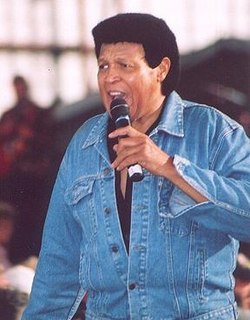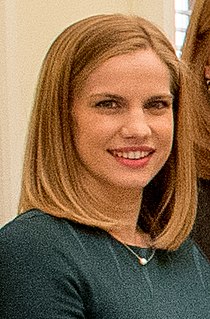A Quote by Baz Luhrmann
My wife is the fact-checker, I'm in the story telling business.
Related Quotes
I think that people have to have a story. When you tell a story, most people are not good storytellers because they think it's about them. You have to make your story, whatever story it is you're telling, their story. So you have to get good at telling a story so they can identify themselves in your story.
The seminal elements of what makes a story great - challenge, struggle, resolution - are the same whether we're talking about story content for a movie such as 'Rain Man,' or telling a purposeful story to forge new business relationships or conclude a fruitful transaction, such as acquiring an NBA franchise.





































